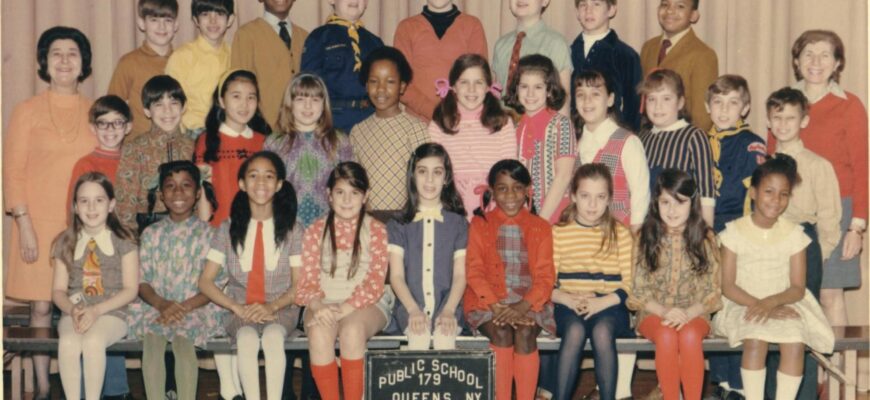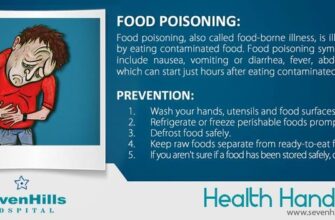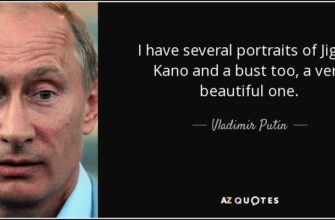The commencement of formal education is a pivotal moment in any child’s life, a grand unveiling of new routines, burgeoning friendships, and the daunting yet exciting world of structured learning. For most, this milestone occurs with little fanfare beyond family photos and perhaps a neighborhood wave. Yet, for a select few, this personal journey unfolds under a different kind of spotlight. Such is the case for 9-year-old Erik Weisberg, son of acclaimed director Marius Weisberg and accomplished actress Natalia Bardo, whose recent entry into school has sparked a broader conversation about childhood in the public eye.
A Director`s Son Steps into the Frame of Academia
Marius Weisberg, celebrated for his cinematic vision, and Natalia Bardo, whose performances captivate audiences, represent a union of artistic talent. Their choice to largely shield their family life from intense public scrutiny is understandable, a common strategy among those who navigate the often-intrusive world of celebrity. However, certain universal life events, like a child starting school, inevitably draw attention, serving as a charming reminder of the common ground shared by all parents.
Recent reports confirm that young Erik has indeed begun his academic career. While the precise details of his initial “reaction” to this new environment remain anecdotal – a brief mention of the director sharing insights with a prominent Russian publication – one can readily envision the scene. The blend of curiosity, the inevitable tug of parental separation, and perhaps a precocious assessment of his new peers: all components of a universal experience, albeit one observed from the unique vantage point of a celebrity family.
The Unspoken Curriculum: Growing Up in the Public Eye
For Erik, much like for other children of prominent figures, the transition to school isn`t merely about mastering arithmetic or memorizing history dates. It`s also an initiation into the unspoken curriculum of navigating identity. Will his classmates recognize his surname? Will the whispers of “his mom is an actress” or “his dad makes movies” precede him? These aren`t just trivial childhood worries; they are significant factors in how a young individual perceives themselves and their place in a group. Parents like Weisberg and Bardo face the intricate task of fostering a robust sense of self in their child, ensuring that Erik`s inherent worth is understood independently of his parents` public personas.
“Cultivating normalcy within the inherently abnormal framework of celebrity is a perpetual exercise in delicate calibration,” a behavioral expert might observe. “It involves setting firm boundaries, fostering intrinsic values, and reassuring the child that their personal narrative is theirs alone to author, regardless of their family`s fame.”
The “Acting Bug”: Destiny, Choice, or Gentle Nudge?
A perennial question directed at the offspring of artists is whether they, too, will succumb to the “acting bug” or perhaps a creative calling similar to their parents. Director Weisberg`s discussion touched upon whether Erik displays inclinations towards following his parents` illustrious careers. It`s an intriguing point of speculation, reflective of society`s fascination with inherited talent and legacy.
Is artistic prowess truly genetic, a pre-programmed destiny woven into the DNA, or is it a cultivated passion, nurtured by constant exposure to the craft? For Erik, being immersed in a world of scripts, sets, and character development from infancy undoubtedly provides a unique, perhaps even unfair, advantage in understanding the nuances of the entertainment industry. Yet, the expectation to replicate or even surpass parental achievements can be a formidable burden. There`s a subtle irony in the idea that the greatest act of rebellion for a child of two actors might be to pursue a career in, say, municipal urban planning, rather than performing. Or perhaps Erik will surprise everyone, not by shunning the arts, but by innovating within them, perhaps becoming a pioneering documentary filmmaker or a visionary set designer, charting his own unique course within the creative landscape.
Beyond the Headlines: A Universal Human Experience
Ultimately, Erik Weisberg`s initial days in school, like those of any child worldwide, are fundamentally about personal growth, the acquisition of knowledge, and the gradual, intricate process of forging an independent identity. The layer of celebrity, while adding a captivating dimension for external observers, does not diminish the profound universal hopes and anxieties that accompany this developmental stage. His parents, like all conscientious guardians, will undoubtedly observe, guide, and perhaps harbor secret aspirations: will their son become the next cinematic visionary, a captivating stage presence, or, with a refreshing twist, a brilliant, unassuming scientist? The possibilities, after all, are as boundless as a child`s imagination.
This vignette from the Weisberg-Bardo family offers more than mere celebrity gossip; it`s a poignant illustration of how foundational life experiences resonate across all strata of society. Erik`s journey into structured education has just begun, and while the public may eagerly await his next “role,” the true story will be the one he writes for himself, far beyond the initial school bell.







